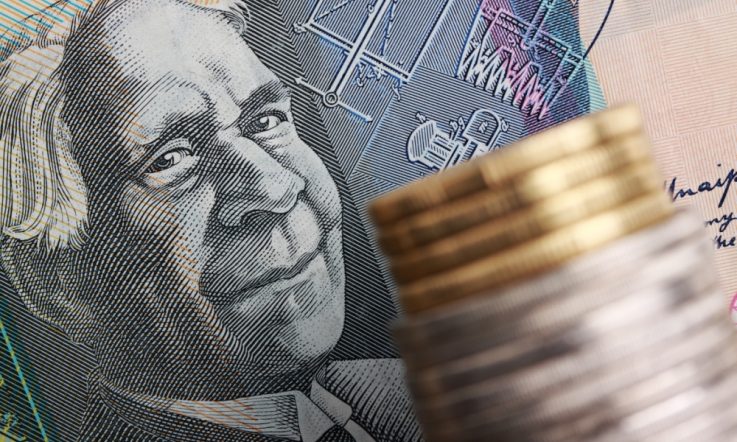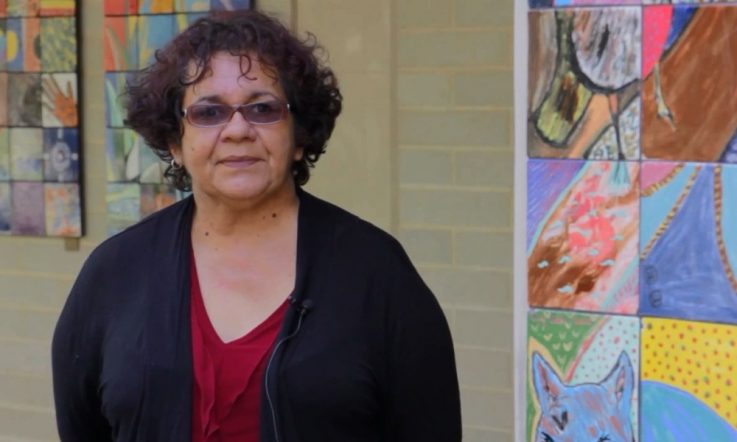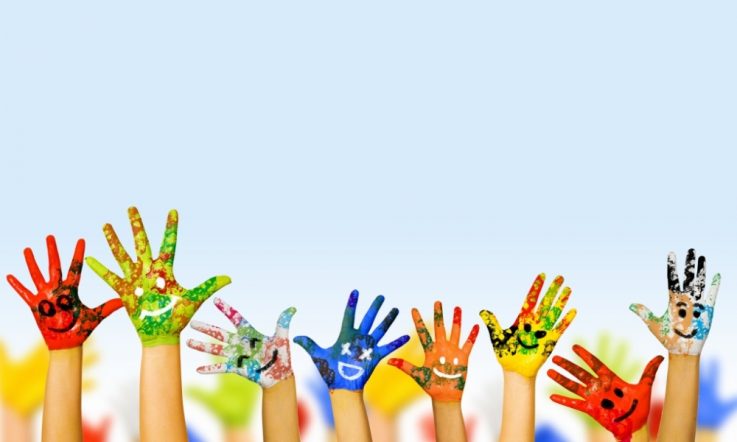If you go for a run, tackle the daily crossword or play your favourite mobile phone game, you probably don't set out to be the best on the planet. Your targets are likely to be much more personal – passing the five kilometre mark for the first time, solving all the clues in less than 15 minutes, or racking up your highest score.
Indigenous education researcher Tony Dreise says it's this focus on achieving a personal best rather than a ‘world record' that can also help improve student outcomes.
The results from the 2012 Program for International Student Assessment (PISA) show that the gap between Indigenous and non-Indigenous student learning has continued over the past decade. Roughly speaking, in reading, mathematics and science, Aboriginal and Torres Strait Islanders are two-and-a-half years behind their non-Indigenous peers.
Dreise, Principal Research Fellow in Indigenous Education at the Australian Council for Educational Research (ACER) says these results challenge teachers' and policymakers' assumptions around particular interventions and investments, causing one to turn around and question ‘whether they're delivering the goods'.
‘The way we measure Indigenous student achievement at the moment is a comparison of where Indigenous kids are compared to non-Indigenous kids,' he says. ‘The focus right up to what's been the national policy framework – namely Closing The Gap – is orientated on that. What that does is it only serves to show the gaps, so it's arguably deficit-based as opposed to strength-based or assets-based.'
Dreise advocates for a new approach. ‘The pressure on Aboriginal and Torres Strait Islander learners is that they must come up to where non-Indigenous learners are at ... what I'm suggesting, and I draw upon Geoff Masters' work in ‘Growth Mindsets', is the idea that through data we can create a baseline of where Aboriginal and Torres Strait Islander students are at and have an emphasis on continual improvement.
'That requires a different kind of conversation with young people. I think sometimes we underestimate young people, in particular teenagers, as to their sense of self-awareness and self-actualisation.
'It's a mature and safe conversation that needs to take place [which] says, “This is where we're at and these are the goals that we're going to set”.
'We're going for personal best, rather than being the Einstein of science, the Shakespeare of reading and writing or whoever happens to be the world's greatest mathematician in history.'
ACER Indigenous Liaison Officer Gina Milgate says this means that educators need to understand the strengths each student brings to school, and where they want to be.
‘It's about ensuring teachers know how to analyse data and interpret that data to inform effective pedagogy, so in turn every learner in their class is impacted positively in terms of their learning, [and] no one's left out,' she says.
For this to take place, Dreise is encouraging teachers to incorporate a personalised learning strategy as opposed to focusing on teaching a subject. ‘It's getting teachers to shift from that class approach to learner approach,' Milgate adds.
Dreise also warns that a constant focus on gaps is likely to undermine Indigenous learners' sense of confidence. '... Confidence is absolutely fundamental to everything. So, again, [this] highlights the need for... school cultures that are culturally safe, challenging and engaging.'
He says adopting a ‘growth mindset' in assessment could be highly beneficial to improving the outcomes of Indigenous students; teachers just need to adopt a strengths-based approach.
Says Milgate: ‘Every learner is different; every learner has potential. Teachers have the power [to make sure] learners to reach their potential and extend their potential ... and that comes back to that notion of the strengths-based approach.'
References
Thomson, S., De Bortoli, L., & Buckley, S. (2013). PISA 2012: How Australia measures up. Melbourne: Australian Council for Educational Research.
How do you and your students go about setting goals in your school?


